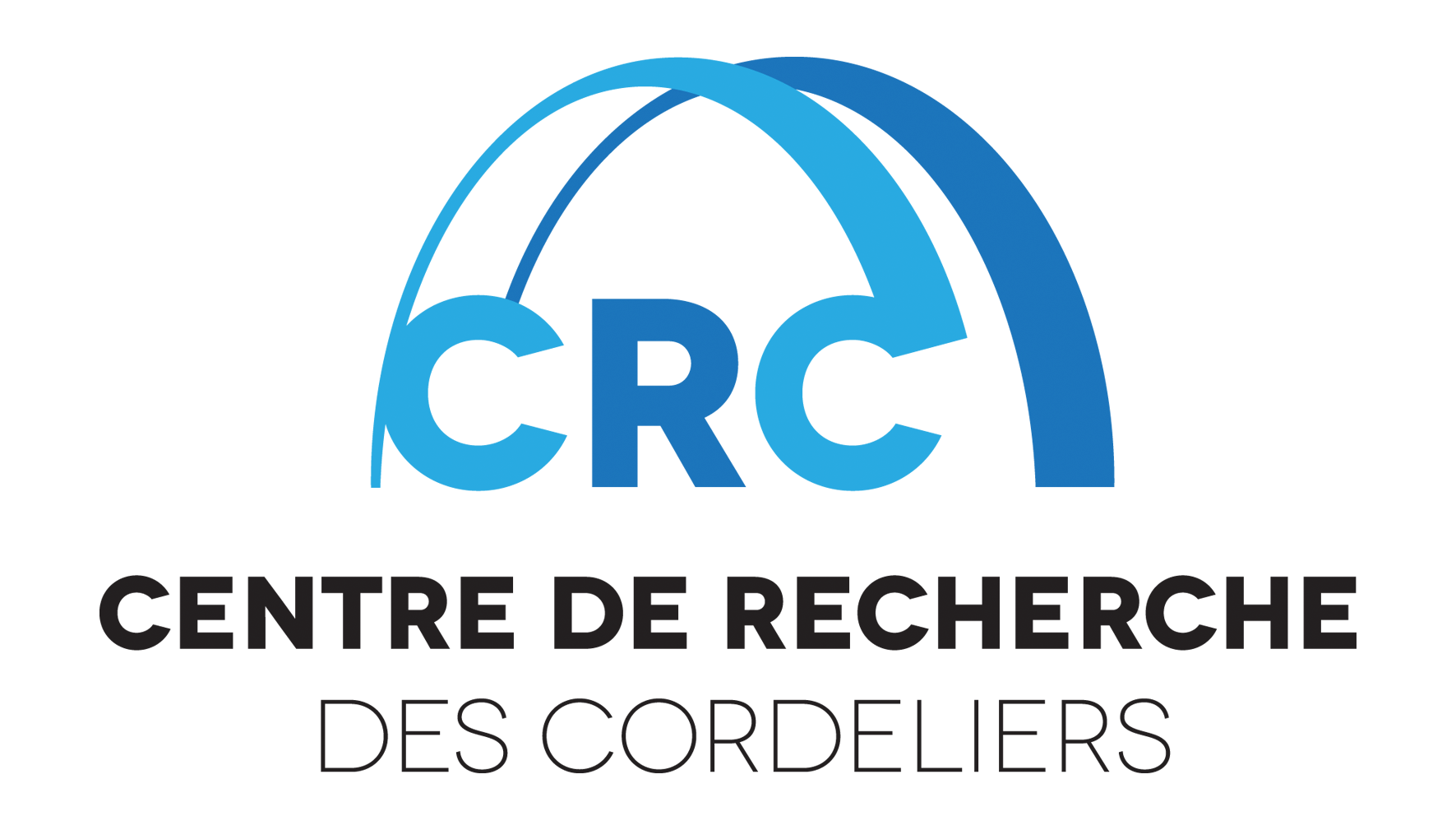13/02/2024
To celebrate International Day of Women and Girls in Science, CRC presents each day of the week a portrait of a CRC woman scientist.

Lubka Roumenina, 44, is Director of Research at Inserm. She heads a group within the Inflammation, Complement, and Cancer team, which studies the complement system in physiological and pathological conditions.
- Why biology research?
I fulfilled my childhood dream of doing science, exploring the unknown, finding out how nature works. My father wanted me to study medicine, but I resisted the pressure – it wasn’t easy! It wasn’t patients but molecules that I wanted to see every day.
- Is there a woman scientist who has inspired you?
In science, most of the people who guided me along my path were women. My biology teachers, my mother, my master’s and PhD supervisor in Bulgaria, and my post-doc supervisor in France. I’ve never felt it was a problem to be a woman in science. I’d like it to be that way for all of us.
- Anything you’d like to talk about as a woman in science?
The biggest challenge I’ve had to face is reconciling science with my role as a mother. What helped me a lot was my family’s understanding and support, and the parents’ help with childcare. I’m very grateful to them. My husband is also a scientist, but no one has had to make sacrifices. So you can have a fulfilling family and professional life in the scientific field, but it’s true that it requires organization and support.
- Any changes, improvements or developments that would make life easier for women in science?
The two key factors I’m thinking of already exist. Childcare facilities are well developed in France (although there’s still a long way to go with nurseries) and it’s possible to work remotely when, for example, a child is ill. A large part of our work involves writing and data analysis, which can be done from home.
- A key word, a message to pass on in the context of Women in Science Day?
A key word: Passion!
A message: For me, science has no gender. More and more women in the life sciences are rising to management positions. France is ahead of many countries in terms of equal opportunities for recruitment, and salaries in public research. I’ve seen women succeed in science from an early age in Bulgaria and later here in France. So I’ve never doubted that a woman can succeed. And that’s the message I want to pass on to girls who want to go into science – the glass ceiling is first and foremost in our imagination… it’s up to us to imagine a world without limits for women.

